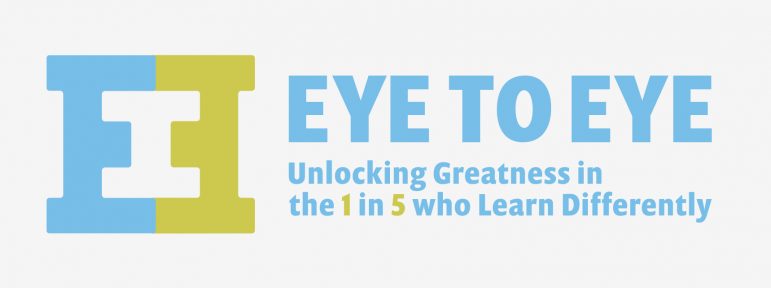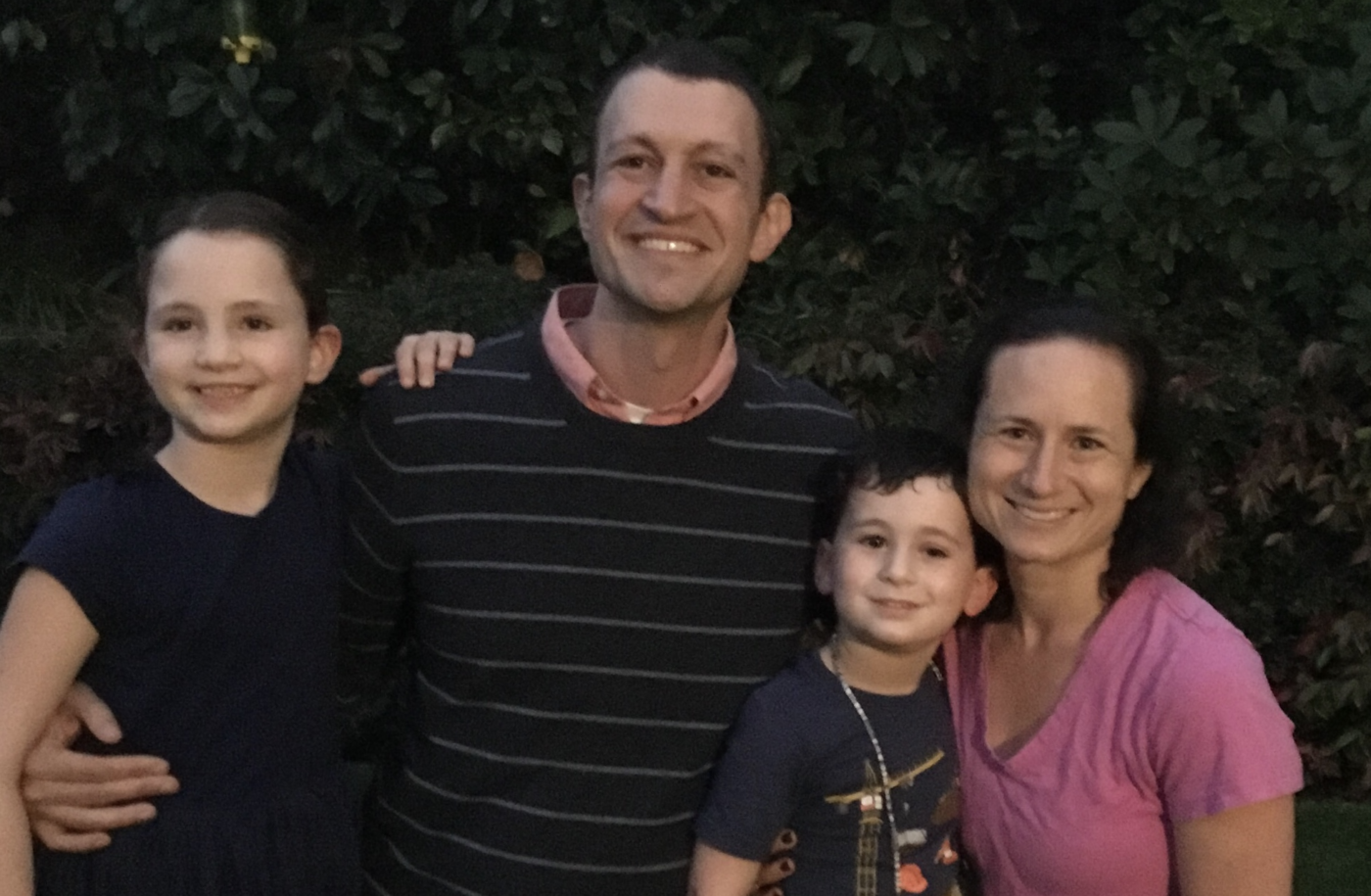Each fall CNN invites viewers to nominate ten individuals the cable news network describes as “everyday people changing the world.” Among this year’s nominees for CNN’s Hero of the Year is Piedmonter David Flink. Flink is co-founder of Eye to Eye, an education non-profit that has helped change the way educators and the public view dyslexia and other learning differences. Flink spoke to Exedra editor David E. Thigpen.
Q: What is the inspiration behind Eye to Eye?
A: When I was in grade school and college it never made sense to me that students who learn differently, as I do — I’m dyslexic –should be seen as having a disability. My experience taught me that most schools tend to label kids – such as dyslexic or ADHD – and then treat them as medical problems to solve rather than just as students. When I was in grade school a teacher put my desk in the hallway.
Q: Where did this idea take you?
A: I studied education at Brown University and was lucky to work with a great professor, Cynthia Garcia Coll, who encouraged me to put this idea to work. I wanted to create a more equitable system. So I began mentoring dyslexic middle school children in Providence, Rhode Island. It grew from there, mostly by word of mouth. Eye to Eye was founded in a dorm room on the Brown campus.

Q: Anyone who has built a non-profit from scratch or tried to reform education will attest that neither comes easy. What was your experience like?
A: At the beginning there were generous teachers who led us into their schools and allowed us to watch and learn and then begin working with middle schoolers. We helped these schools build on student’s assets and it all starts by asking students one important question: how do you like to learn?
Q: You’re not the first reform-minded educator in this space. What is unique about the way Eye to Eye works?
A: We always try to place people with lived experience in this subject area next to people who are open and receptive to new ways to think about a problem. The majority of the staff at Eye to Eye have learning differences. We start working with kids in middle school, which is a great place to begin. We talk about their strengths and we built trust and we took what we learned in schools back to the classroom and we examined data and those big “Aha!” moments and we used all of these things to structure our mentoring.
Q: How many schools and how many states does Eye to Eye work in today?
A: We’re in 150 schools and in 22 states. Right now we work with about 56,000 school students.
Q: You have said there is a connection between your work and improving equity in education and in the US generally. What do you mean by that?
A: If you are a person of color in America, in many ways the deck is stacked against you. Being a person of color with a learning difference is an even greater challenge. I recognize that as a white man, I have a disability, but I also have privilege. Finding the right accommodations is to build equity into the system.
Q: You come from a family of educators?
A: Yes, my mother, who is a child of immigrants, taught 3rd and 4th grades for 40 years. She just retired. She and my dad both felt strongly that work has to have a purpose.
Q: Tell us about the rest of your family.
A: I met and fell in love with my wife Laura at Brown. We met at a campus café. Laura is now a cardiologist at Kaiser. We have two children; Emma 6, and Eli, 4.
Q: How does it feel to be nominated as a “Hero” by CNN?
A: It feels weird because the success of Eye to Eye goes to the students and mentors and has very little to do with me. The world is designed to filter out people like me. I’m happy if this can bring more attention to the value of neurodiversity.
Q: What can people do to support your mission in this moment?
A: Certainly voting daily on CNN Hero is helpful because it is a chance to spotlight the often hidden experience of the 20% of students that learn differently. But a powerful act is simply inviting conversations about learning and in the community. Maybe tonight at the dinner table ask “how do you like to learn?” and know that every answer is a good answer.
Tune into CNN on Sunday Dec 12 at 5 PST to watch the live selection of the $100,000 winner of the 2021 CNN Hero of the Year: cnn.com/SPECIALS/cnn.heroes/vote/10/

So proud of David, my 4th grade student. And I did not put his desk in the hall! Beautiful family.
a really nice story!!!